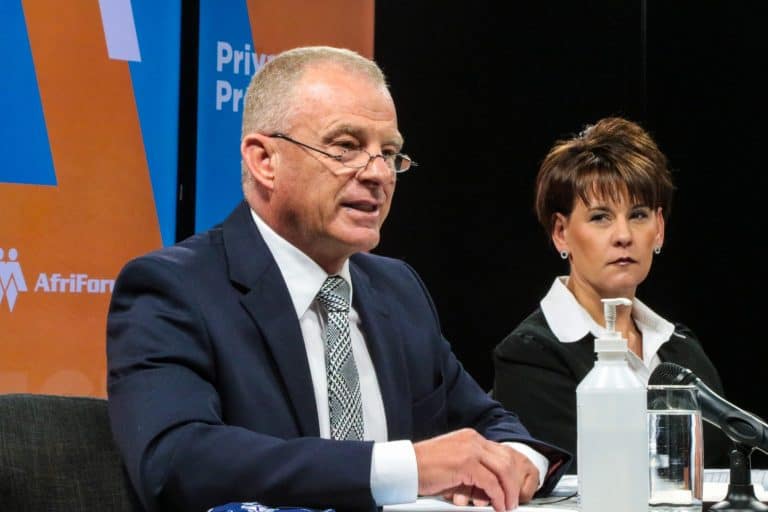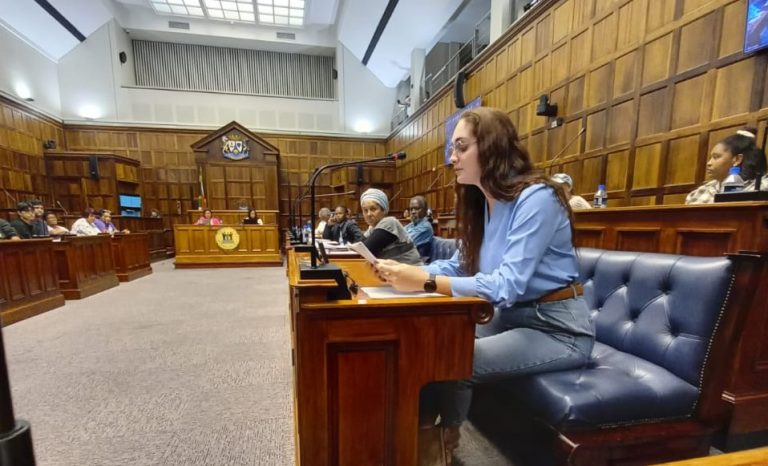Water Amendment Bill: No rational connection between transformation objectives and proposed measures
The Department of Water and Sanitation’s (DWS) intention to subject the allocation of water use licenses and the provision of water services to race quotas is one of the main changes to the National Water Amendment Bill. The civil rights organisation AfriForum is of the opinion that there is no rational connection between the government’s transformation objectives and the intended measures. The haphazard manner in which the bill intends to impose transformation on the water sector may in fact lead to greater inequality.
AfriForum has today submitted comprehensive comments on the National Water Amendment Bill, which was published in the Government Gazette for public participation on 17 November 2023. This bill intends to make substantial changes to the National Water Act (Act 36 of 1998) and the Water Services Act (Act 108 of 1997).
Furthermore, AfriForum is also opposed to the expropriation of water rights when water users have not made full use of their authorised volume of water within an undefined period. Rainfall and weather conditions play a significant role in water usage. In other words, a farmer can use his entire authorised volume of water for irrigation in a given season, but only half of it in the following season. Such a change is therefore irrational and should be scrapped.
However, AfriForum is satisfied with several of the DWS’s proposed amendments that will be put in place to protect natural water resources and to improve the management of water services.
An amendment to the National Water Act that is widely welcomed is the stricter protection of strategic water source areas. Strategic water source areas, mostly located in mountainous areas or wetlands, are considered “ecological infrastructure” that, relative to their size, produce a disproportionately high volume of surface water runoff in the relevant catchment area. It is therefore essential to protect these areas from agriculture, forestry, and mining. AfriForum also welcomes the provision that municipal managers will be able to be held personally liable for violations of the National Water Act, precisely because the drastic deterioration in the quality of natural water sources stems from the failure of local government, without municipal officials being held accountable at all.
Furthermore, proposed amendments to the Water Services Act will result in water services authorities, such as municipalities, having to be operated and managed more efficiently and transparently. For example, requirements are established for the qualification and experience of staff – from technicians to management positions – and water service providers will henceforth have to be approved and licensed before water services may be delivered.
“AfriForum welcomes several of the proposed amendments which are necessary and commendable, but it is still our task to act in the public interest and prevent communities’ established rights from being trampled by thoughtless and irrational amendments to the law – especially in respect of a issue as fundamental as water. That is why we request the Minister of Water and Sanitation to reconsider the amendments that we objected to,” says Marais de Vaal, AfriForum’s Advisor for Environmental Affairs.











